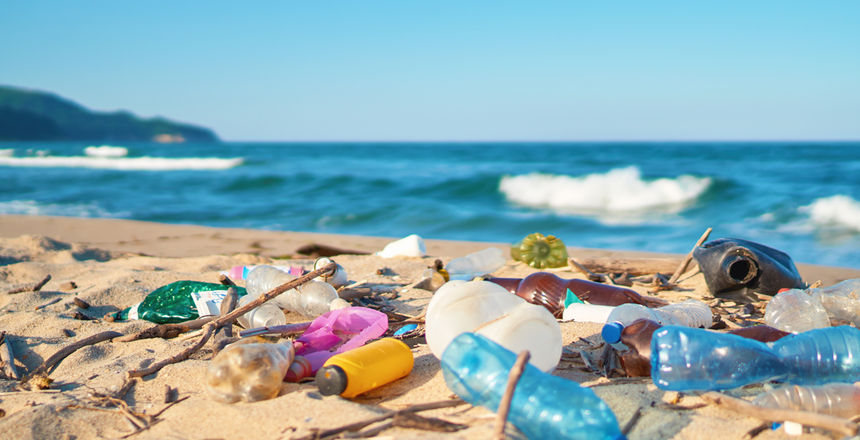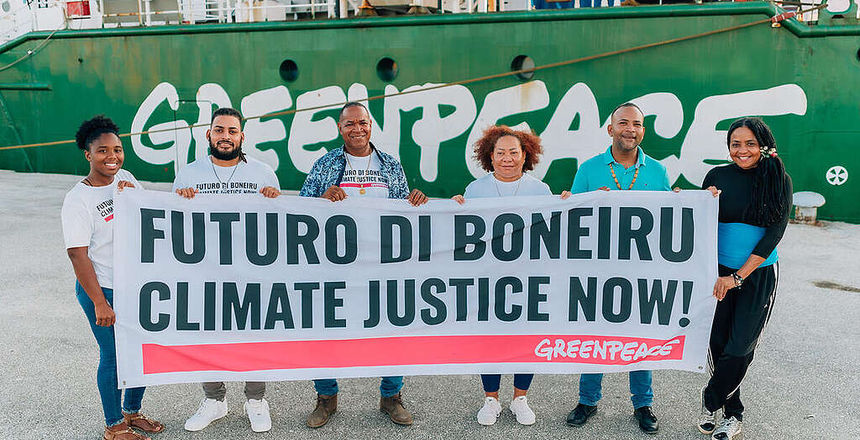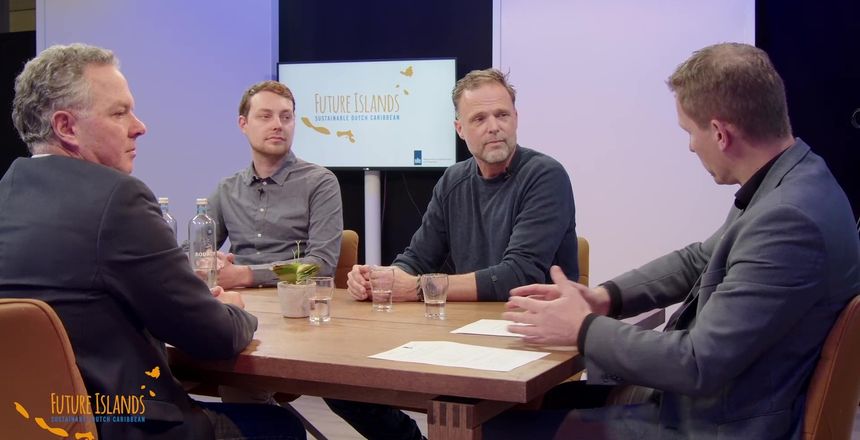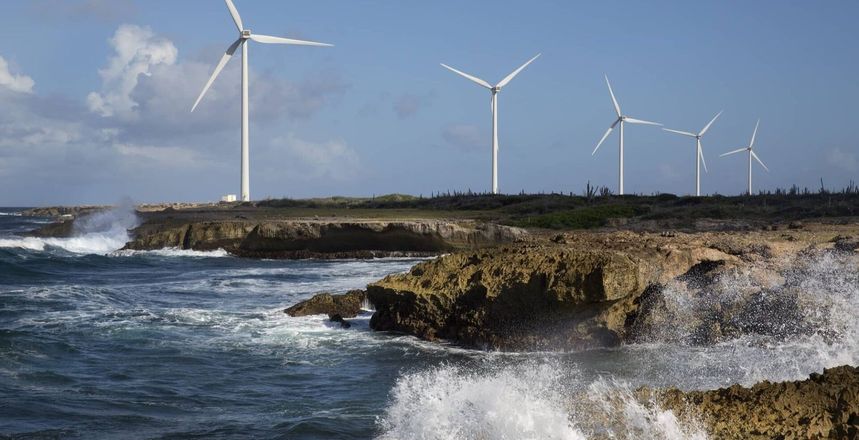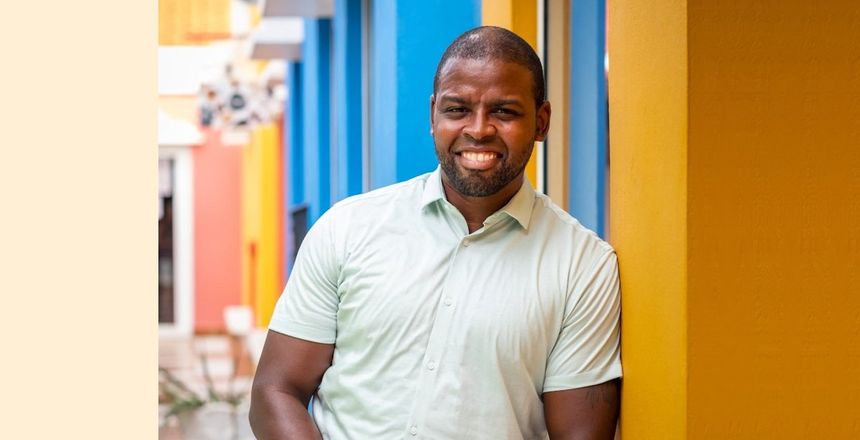News Circular Economy
2 min.
After years of discussions and debates, the day finally came on June 1st, 2022: the island of Bonaire officially started banning the use of disposable plastics. The road to this milestone has been a long and frustrating one at times, with the island’s Executive Council first accepting a motion to ban disposable plastic items all the way back in 2018 already. It took until October 2021 for the ban to be incorporated into local law, but practical implementation took another year and a half as business owners on the island needed time to find alternatives for their disposable plastic products. Bonaire has been trailing its fellow Dutch Caribbean islands in this sense, with Aruba already implanting a plastics ban in 2018, followed by Saba and St. Eustatius in 2021.
Why the crackdown on disposable plastic?
Disposable or single-use plastics, like grocery bags and take-away cutlery, have for years been a major source of pollution in the Caribbean Netherlands. Both at sea and on the land, disposable plastics have been and are contaminating the environment that is so important to the wellbeing and prosperity of the region's inhabitants. These plastic products don’t biodegrade, but break down into so-called microplastics, which then pollute water sources and agricultural lands, eventually ending up in people’s bodies where they can cause irreparable harm.
The ban on disposable plastic items is part of the Public Entity Bonaire’s ambition to work towards a cleaner and healthier island for all. “A plastic-free Bonaire is healthy for its inhabitants, crucial for the natural environment, attractive to tourists, and therefore, good for our economy”, says the Entity. The ban on plastic goes for anyone selling or giving out disposable plastic items, including bars and restaurant owners. Any product made of plastic that is intended to be used just once before disposal is considered a disposable plastic item.
The number of items included in the ban will be expanded step by step over time, in order to give local people and businesses a chance to adapt. In the current first stage, the ban applies to all kinds of plastic and bioplastic grocery bags, cutlery and other items used for eating and drinking, straws and stirrers. Styrofoam packaging for food is also part of the ban.
Stimulating change through enforcement
The local police and law enforcement agencies, and the Directie Toezicht en Handhaving in particular, will be enforcing the ban from June 1st onwards. Banning disposable plastic items is one thing, after all, but enforcing the ban and helping people with their transition to more sustainable materials and more circular products is something else entirely. Fortunately, the authorities are counting with a lot of support from the local business community. Though various entrepreneurs have expressed their concerns about the impact of the ban on their cost structures and business models, as alternatives to plastics often need to be imported, the overall consensus is that it can only be good for the island to move further towards a more sustainable, circular economy.
In practice, the control and enforcement strategy of the local authorities is quite standard. Companies who keep using single-use plastic products will be warned verbally to start with. If the situation has not been remedied according to the new law within a reasonable timeframe, then a written warning will follow. Should the company or party in question choose to stick to its use of disposable plastic items, then an enforcement trajectory will be started that can end in heavy fines and the forced suspension of commercial activities.
The basis for this article was originally published on www.bonairegov.com in May 2022.

